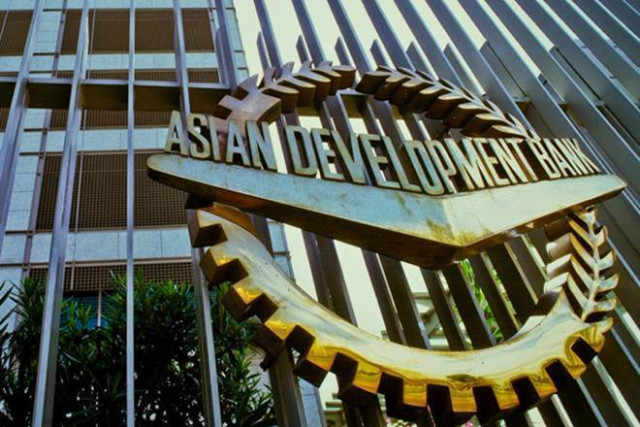$600m ADB loan linked to Kalash payout
Programme will support govt’s efforts to implement high priorities from its Ehsaas Programme

The Asian Development Bank (ADB) will approve a $600 million loan in December to fund activities of the Benazir Income Support Programme (BISP), now known as the Ehsas programme
The loan proceeds will also be used to provide cash assistance to the Kalash people, who had been almost excluded from the BISP coverage.
Yong Ye, the country director of the ADB met with Omar Ayub Khan, Federal Minister for Economic Affairs, and informed him about the $600 million programme that is expected to be approved by the ADB board in December this year.
One of the conditions of the programme is that the Kalash people would be brought under the scope of the BISP. Currently, only 3-4% of Kalash people are the BISP recipients, according to the ADB report. Majority of the Kalash people had been excluded during the initial BISP survey due to language barriers and high scores as a result of differing cultural perceptions on assets, it added.
As part of the programme conditions, the government was required to ensure that IPs receive culturally compatible social and economic benefits and appropriate mitigation measures are taken for any unavoidable adverse impact.
According to the 2017 census, the population of Kalash is about 3,800. This tiny community inhabits three valleys of Birir, Rambur and Bamburet along the Pakistan-Afghanistan border in the Chitral district of Khyber Pakhtunkhwa.
The $600 million programme will support the government’s efforts to implement high priorities from its Ehsaas Programme – social protection and poverty reduction – in a coordinated, cohesive and systematic manner, according to a statement by the economic affairs ministry.
Read BISP board approves new system to gauge employee performance
Under this programme, institutional capacity for social protection and climate resilience will also be strengthened. Furthermore, access to primary and secondary education, health services and nutrition supplies will be enhanced for women, especially mothers, adolescents, and children of poor families.
The results-based lending (RBL) programme’s impact will be aligned with the goals of the BISP to “fight poverty and elevate status of the excluded and deprived families, especially women, through an integrated, responsive, and effective social protection programme”.
The outcome will be “social protection system strengthened and expanded to alleviate poverty for poor women and their families”.
The CCT for education will be supported to expand in its current form for primary and secondary education. The emphasis will be on increasing enrolment of children, including out-of-school children into formal schooling.
The BISP will also initiate a pilot for older out-of-school children attending non-formal education or accelerated learning programmes in schools that are run by the provincial authorities.
In 2013, the ADB had also approved $394 million for the BISP and another amount of $200 million was approved in 2019. Both these facilities are going to expire soon and will be replaced by the new lending. During the Covid pandemic, the ADB provided $200 million to the BISP.
During the meeting, Yong Ye, the country director briefed the minister on ADB’s portfolio in Pakistan. Yong highlighted that ADB had committed to provide $6.3 billion under the Country Operation Business Plan (2021-23) to Pakistan. At present, 32 projects worth $6.4 billion are under implementation in energy, road and transport, agriculture and irrigation, urban services, education, health and social protection.



















COMMENTS
Comments are moderated and generally will be posted if they are on-topic and not abusive.
For more information, please see our Comments FAQ